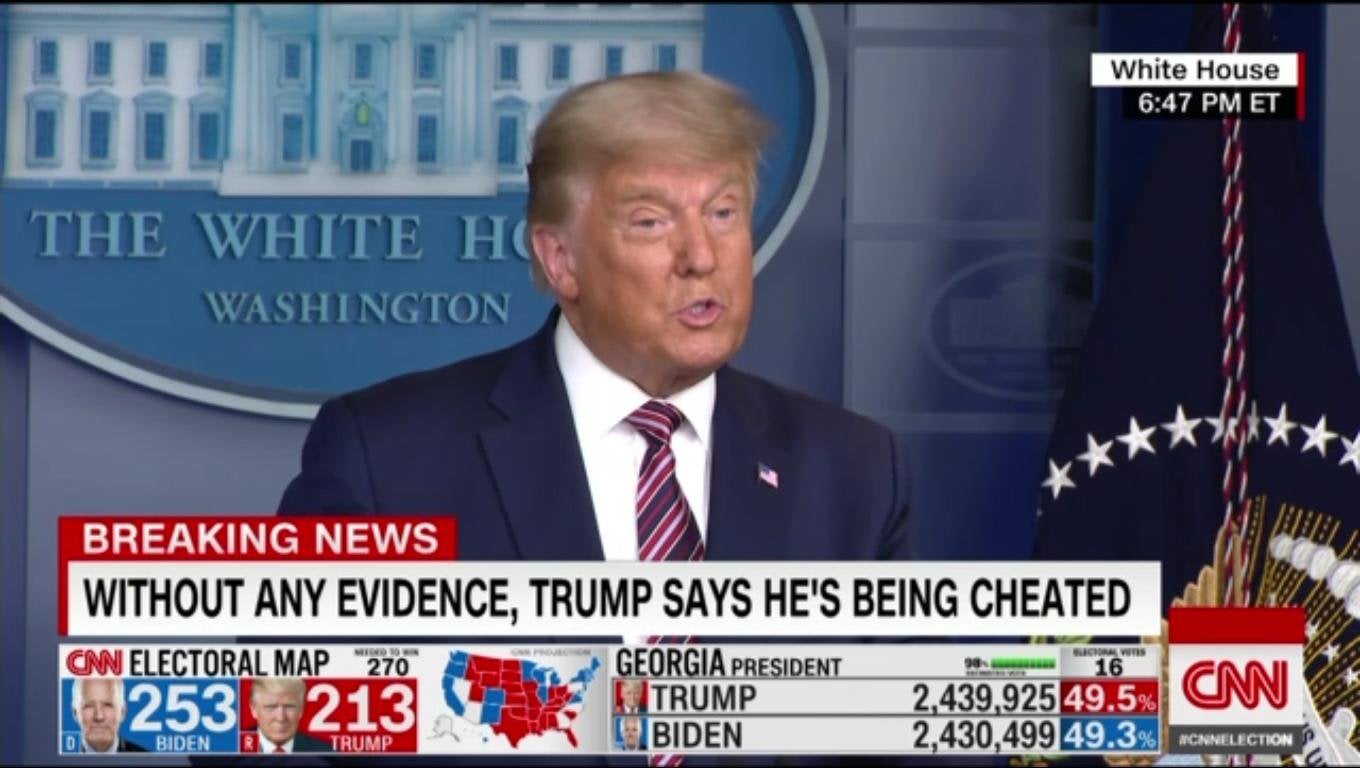Kerby Anderson
Over the last few weeks, I have been struck by how many journalists and broadcasters are using the catchphrase “without evidence.” One headline, for example, said that “Trump, Without Evidence, Makes Vote Fraud Claims.” No matter how many vote fraud stories were published, or affidavits were signed, any claim of voter fraud by the president or by his campaign was always modified with the phrase “without evidence.”
This has been going on for some time. Two months ago, an article by the NPR Public Editor discussed the growing use of the “without evidence” catchphrase even at their news organization. Take the story about the teenager who shot back at rioters in Kenosha, Wisconsin. The lead in the NPR story read that “Trump claimed, without evidence, that it appeared the gunman was acting in self-defense.”
I think any fair-minded person would conclude that the president was offering an opinion based on what he observed in the videos. It isn’t that he had no evidence, but that the NPR writer disagreed with his opinion. But having a different perspective is not the same thing as saying the opposite opinion has no evidence.
Another NPR story noted that “Trump has said, without evidence, that voting by mail is more vulnerable to fraud.” The evidence for that can be found in books by John Fund and Hans von Spakovsky along with major academic studies.
Is there ever a time when the phrase “without evidence” is appropriate? Here’s an example: Alexandria Ocasio-Cortez says, without evidence, that the world is going to end in 12 years if we don’t address climate change. I sincerely doubt any journalist would dare write such a sentence. That is why these journalists need to trash the “without evidence” catchphrase.
 Listen Online
Listen Online Watch Online
Watch Online Find a Station in Your Area
Find a Station in Your Area










 Listen Now
Listen Now Watch Online
Watch Online
